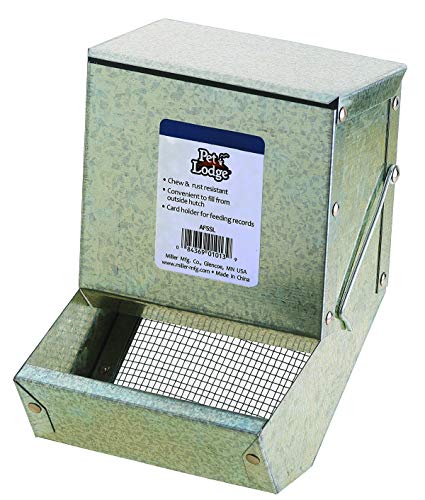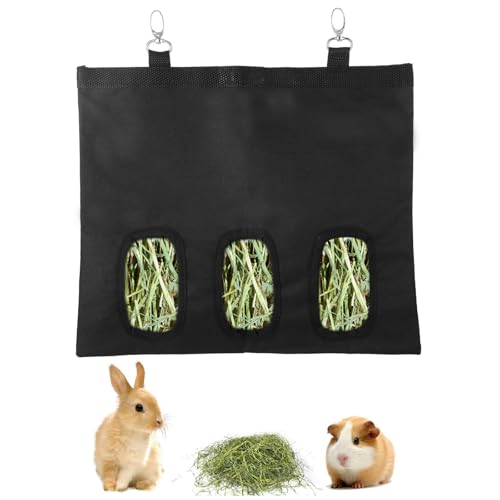Where does the desire to take good care start? What level of care are you obliged to give?
In my way of thinking about this, "good care" starts with how a person values themselves. If one is raising rabbits for meat, as am I, then
IF they value the health of their person and family, they must surely value the health of their food source. This is a very good reason to want to raise your own food in the first place.
A rabbit with bad teeth is still useful for the table, but certainly should not be kept as a breeder or sold to another person for breeding purposes. A good meat raiser is assessing the individual health of each rabbit from the day they are born thru the day of dispatch or to the day of being sold
(and beyond).
Does a good rabbit farmer miss something or make a mistake? Yes, because no one is perfect and regardless of knowledge, that knowledge is still constrained at any given moment because life, as well as rabbit raising, is a learning process. As I have always taught my children and now my grandchildren, we learn best from our mistakes, and not from being perfect. Never be afraid to make a mistake, but always fear not learning from your mistakes.
I have recently replaced 2 bucks with bucks who were 4-6 months old for two of my local customers because I was not happy with how the original bucks I had sold them had finished growing out (they were purchased at 8 weeks, almost impossible to predict grow-out quality from this age). The customers hadn't complained, but when I saw the two bucks at 6 months of age, I simply was not at all happy (coat and size issues). It is about my reputation. I want to be known as a good rabbit breeder. But I am still learning, and so I still make mistakes. The important thing about making a mistake is being able to accept you've made a mistake, admit to others you've made a mistake, rectify the error whenever possible, and most importantly, learn from the mistake so you don't make it again.
What level of care are we obliged to give? When caring for any living thing, be it a plant or animal, we are always obliged to give the utmost of care to sustain that living organism in the best of health. Otherwise, it will suffer and die. Now, the word "suffer" is relative. Some people believe a rabbit is suffering if it is not allowed to run free. Of course, others see this differently. I think you get the idea, and I will not go deeply into it. In essence, we should humanely care for our livestock in a manner that keeps them healthy: fresh air, a clean environment, quality food, fresh water daily, regular health checks by the raiser, etc.























